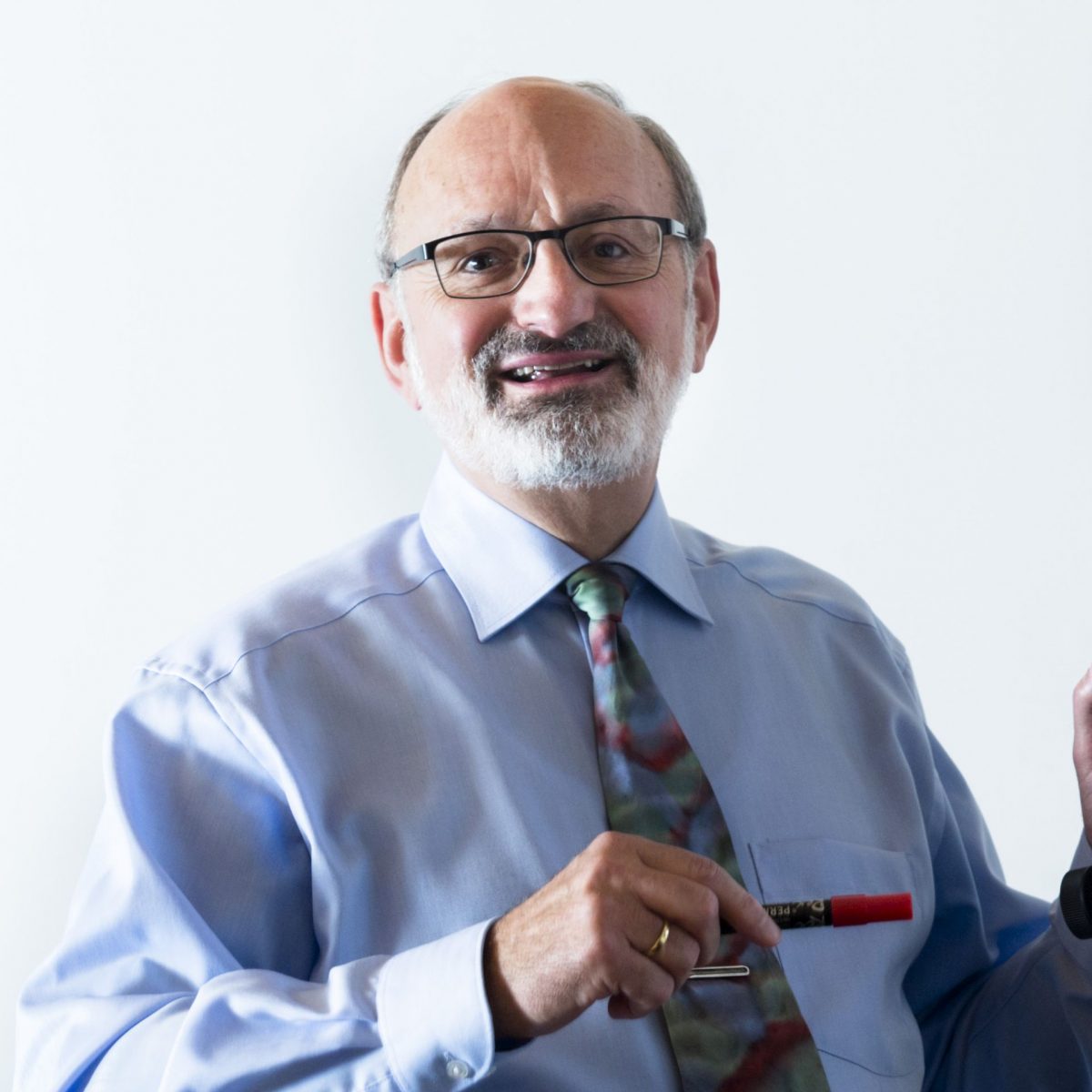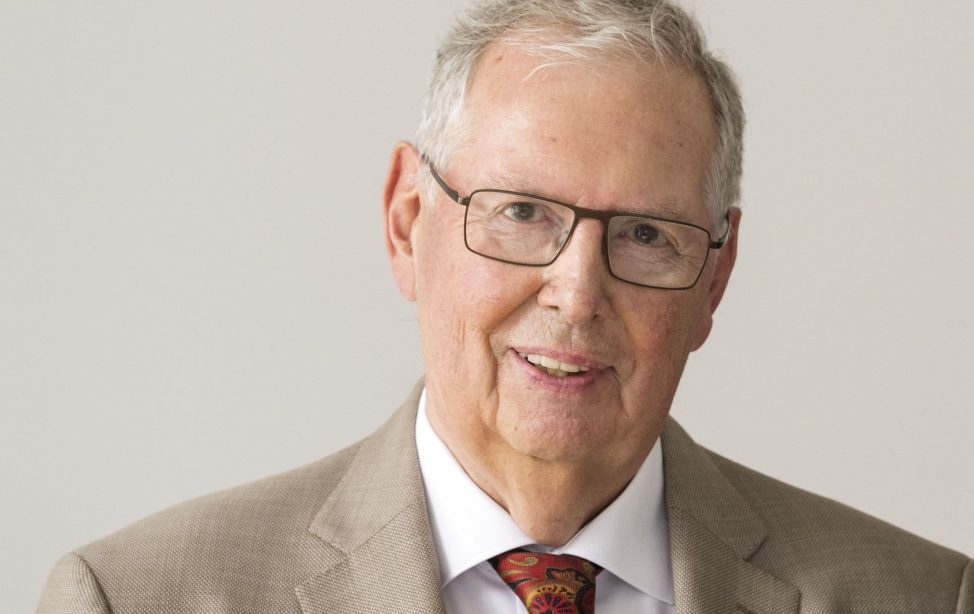
Franz Kapsner (Picture: private)
There is a serious difference in terms of age. Here, the perspectives are very different. The young people are entering a phase of life in which they are shaping their lives – heading for the peak of their lives. On the other hand, those who have left the workforce usually have the “high” time of their lives behind them.
Another difference is the financial situation of the two groups: Those entering the workforce will generally build up a cushion for their later retirement, and those exiting the workforce will enjoy what they hope will be adequate provisions.
The inner attitude must be prepared for this step: One must first accept the inevitability of the end of one’s working life. This is not easy, but it is made easier by preparing oneself mentally for the new phase of life that now lies ahead.
In addition, it is necessary to identify the fears and evaluate their relevance. Creativity is required to develop a potential countermeasure or coping strategy for each of the fears. Examples could be the fear of loneliness (loss of social contacts from professional life) or the emerging boredom of retirement. Here, it helps to resolutely look for alternatives, for example, to take on an honorary position.
To mentally adjust to the upcoming change is a basic prerequisite to reduce anxiety. In many cases, this even gives rise to anticipation of the new, which can then be built upon to great effect.

Franz Kapsner (Picture: private)
Diploma Mathematics 1977
Franz Kapsner studied Mathematics at TUM and graduated in 1977. He worked in industry for over 30 years before setting up his own business as a consultant and coach.
He is engaged in the TUM Mentoring by Alumni for Students and has accompanied seven students and alumni of TUM as a mentor so far. Today, he primarily advises people transitioning from professional life to retirement.


